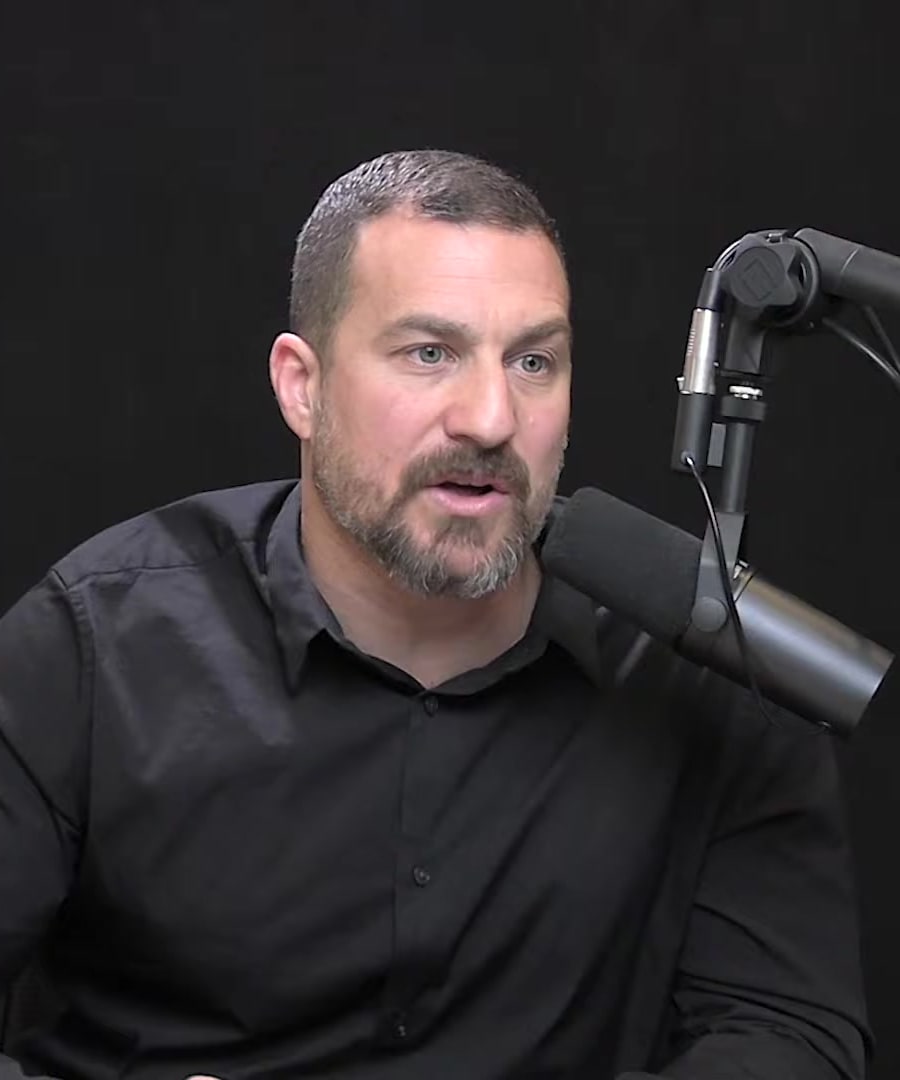How does Marijuana disrupt your sleep?
Sources:
Marijuana impacts sleep by altering its natural patterns and depth, specifically affecting REM sleep and overall sleep quality. Several points discussed by in various episodes of the detail how THC, one of the active components of marijuana, influences sleep:
-
Falling Asleep: THC can help individuals fall asleep faster. This effect may give the impression of improved sleep onset but is not necessarily indicative of improved sleep quality 1.
-
Disruption of Sleep Architecture: Both THC and alcohol disrupt the natural pattern and depth of sleep. This includes altered slow-wave sleep and reduced REM sleep, leading to less restorative sleep overall 2 3.
-
REM Sleep Blocking: THC is particularly effective at blocking REM sleep, the phase associated with dreaming. Chronic users often report less dreaming or vivid dreams only upon cessation due to a rebound effect where the brain compensates for lost REM sleep 4 5.
-
Dependency and Withdrawal: Long-term use of THC can lead to tolerance, requiring higher doses to achieve the same sleep benefits, and can cause dependency. Additionally, stopping THC use after prolonged periods often results in severe insomnia and a REM sleep rebound, marked by intense dreaming and difficulties in falling and staying asleep 6 7.
-
General Disruption: Other components of cannabis, like CBD, while less psychoactive, do not seem to mitigate the overall negative effects on sleep quality significantly. This makes THC and other cannabis products less recommended for sleep enhancement despite their anxiety-reducing effects 8.
In summary, while marijuana, especially THC, can initially help with falling asleep, it generally disrupts the overall architecture and quality of sleep, leading to longer-term dependency issues and withdrawal symptoms upon cessation.
-
I don‘t want to stop Smoking weed at night, but how can I help my sleep
Sources:
To improve your sleep while continuing to use marijuana at night, you can incorporate several strategies that may help mitigate its disruptive effects:
-
Maintain a Stable Sleep Schedule: Ensure regularity in your sleep times. Going to bed and waking up at the same times daily can reinforce your body's natural sleep-wake cycle 1.
-
Optimize Your Sleep Environment: Keep your bedroom cool, dark, and quiet. Consider using blackout curtains and earplugs, if necessary, to create an optimal sleeping environment. A cool room can enhance deep sleep 1 2.
-
Wind Down Before Bed: Establish a relaxing pre-sleep routine to help transition your body and mind into a sleep-ready state. This could include reading, meditating, or gentle stretching—activities that help signal your body it's time to wind down 3.
-
Sleep Hygiene Practices: Avoid alcohol and caffeine close to bedtime, as these can further disrupt sleep architecture. Alcohol, like marijuana, can fragment sleep and impair REM sleep, leading to poorer sleep quality overall 2.
-
Cognitive Behavioral Strategies: If you're finding it difficult to adjust sleep habits on your own, consider learning about cognitive behavioral strategies tailored for sleep, such as Cognitive Behavioral Therapy for Insomnia (CBTI). These techniques are designed to address sleep-related thoughts and behaviors 4.
By integrating these approaches, you might improve your overall sleep quality while still enjoying cannabis use occasionally for its intended effects. Always be mindful of potential tolerance and dependency issues related to THC, which could impact longer-term sleep quality 5 6.
RELATED QUESTIONS-
How does Marijuana disrupt your sleep?
I don‘t want to stop Smoking weed at night, but how can I help my sleep
- RELATED QUESTIONS










